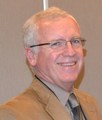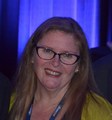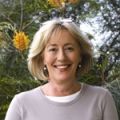BRITISH COLUMBIA GUIDANCE DOCUMENTS: Beyond the Guidebook Primer Series adds depth to "Living Water Smart, BC’s Water Plan"

“Beyond the Guidebook is an ongoing initiative to provide local governments and practitioners with tools, resources and understanding to integrate the Site with the Watershed and the Stream,” explains Kim Stephens. “Since 2007, the Beyond the Guidebook initiative has been building on the technical foundation created a decade ago when the Province and Environment Canada jointly released Stormwater Planning: A Guidebook for British Columbia.”










